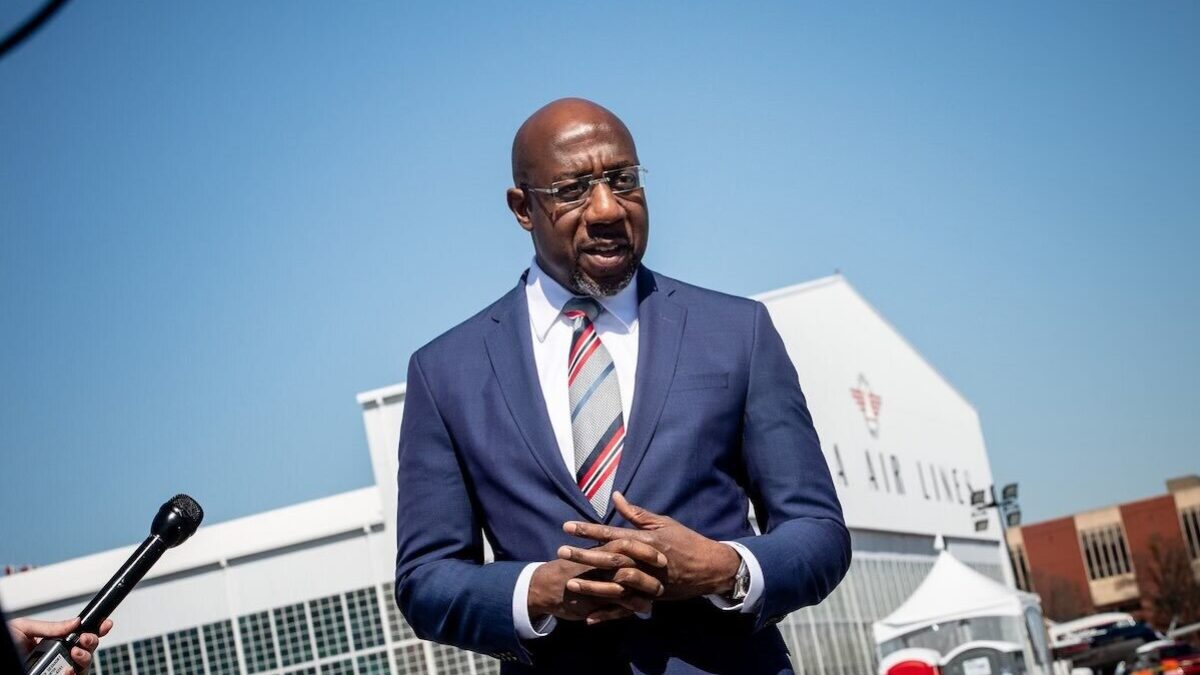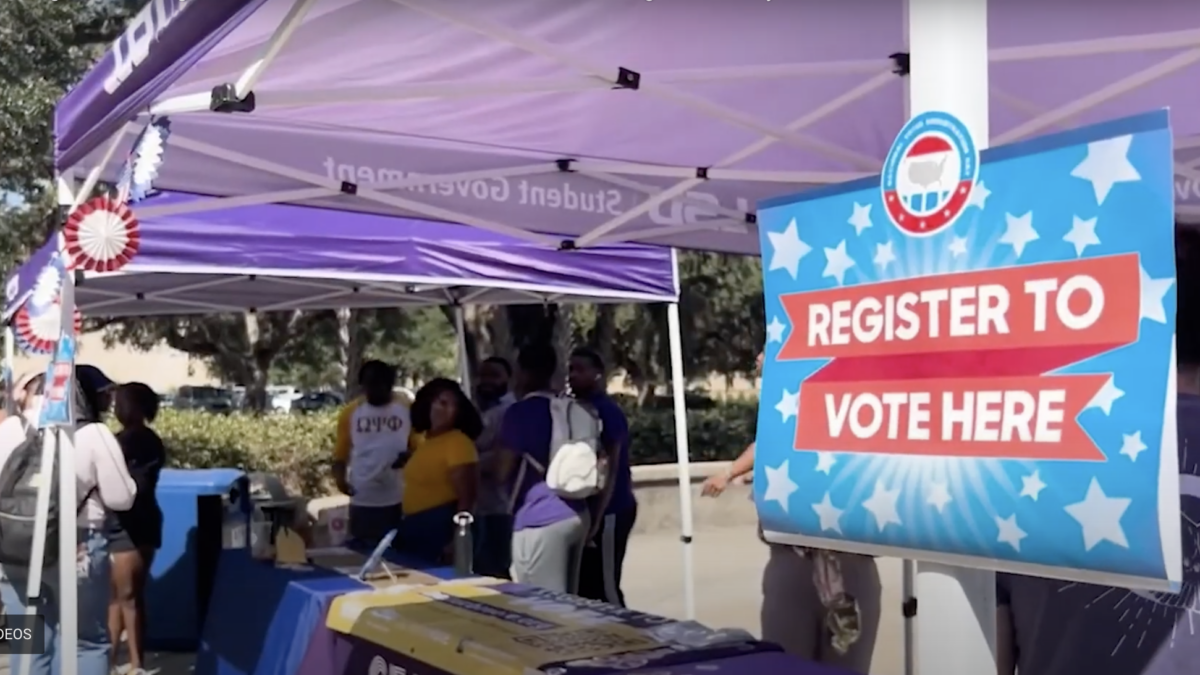
As Georgia gears up for a runoff between Democrat Sen. Raphael Warnock and his Republican challenger Herschel Walker, Democrats in the state are once again crying wolf — aka, voter suppression — over a state law that prohibits early voting on the Saturday after Thanksgiving.
The Democratic Party of Georgia — along with Warnock’s campaign and prominent Democratic lawyer Marc Elias — have filed a lawsuit seeking to prevent the Peach State from banning early voting on Saturday, Nov. 26, two days after Thanksgiving. But Georgia law clearly states that if the second Saturday before the election follows a Thursday or Friday public holiday, early voting should not happen on that Saturday. The Georgia runoff will be held on Dec. 6.
While there is still plenty of time for voters to cast their ballots before the runoff, Democrats are still trying to fuel the voter suppression myth in a state that has seen record-breaking voter turnout — particularly among minority voters — after Georgia strengthened its voter laws last year.
Democrats argue that the law the state relies on to bar early voting on Nov. 26 does not include the word “runoff,” so voters should not be prevented from voting early on that Saturday. The first line of the section in question, however — section (d)(1)(B) of Georgia Code § 21-2-385 — refers to “each primary, election, or runoff” and mentions a “runoff” two additional times.
“Marc Elias is doing what he is notorious for: running to the courts to rewrite election laws on the eve of an election. Unfortunately, that is exactly what is taking place in Georgia. Like every Marc Elias lawsuit, this latest attack on Georgia’s election laws is purely politically motivated, calculated to expand early voting in areas likely to vote Democratic,” Jason Snead, executive director of the Honest Elections Project, said in a statement.
While Democratic incumbent Sen. Raphael Warnock narrowly beat Republican challenger Herschel Walker on Nov. 8, neither candidate scored more than 50 percent of the vote, thereby triggering the runoff required by Georgia state law. In order for the GOP to keep its current 50 seats in the Senate, Walker must take Warnock’s place.
While Democrats have learned how to rig early voting and mail-in balloting in their favor, the decision to not allow early voting on Nov. 26 will hurt their strategic ballot harvesting efforts — which is why they’re fighting so hard to overturn it.
“They want as many days of voting as possible,” Snead told The Federalist. “Since they’re looking at a very condensed timeline for voting in the runoff, they are desperate, particularly for an extra weekend day. But Georgia law says if you’ve got a public holiday on a Thursday or Friday, then you cannot have early voting on Saturday. “
Since the Democrats’ lawsuit does not seek to compel early voting but only to allow early voting on Nov. 26, Democrats are counting on the fact that only big, metropolitan counties with lots of left-leaning voters will take advantage of the extra day, but rural and conservative counties won’t, according to Snead.
“You’re looking at a fairly systematic attempt to skew the voting laws in Georgia once again, to favor Democrats over Republicans in the runoff.”
This kind of tactic is nothing new to leading Democratic election lawyer, Marc Elias, who’s notorious for manipulating election laws (and elections) in Democrats’ favor.
“Marc Elias is under tremendous pressure right now to do whatever he can to help guarantee a Senate victory,” Snead said. “And, as we know from past experience, he is certainly not above trying to challenge election laws at the last minute in order to try to stack the deck in favor of Democrats.”
Per Georgia state law, early voting must start no later than Monday, Nov. 28.
“There is plenty of time for every Georgian to request a mail ballot or vote in person during the runoff, and Georgia has strong voting laws to ensure it,” Snead said.









